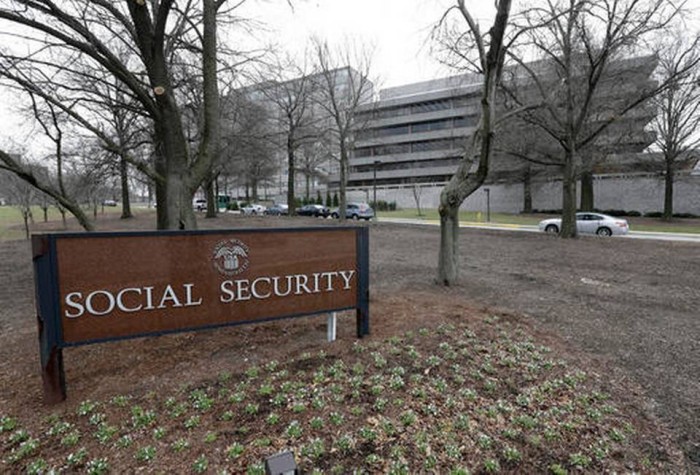2025 Social Security Trustees Report - Social Security Administration

The latest Trustees Report confirms what we’ve known for years: Social Security is on an unsustainable path. The combined trust funds are projected to run dry by 2034, just nine years from now. After that, the program can only pay about 80% of scheduled benefits—a drastic cut for millions of retirees, workers with disabilities, and survivors who rely on this income.
This isn’t a distant threat. Every year we delay action, the fixes get harder and more painful. Congress has a narrow window to stabilize the program without inflicting deep benefit cuts or sharp tax hikes. What’s missing is political will.
Americans across generations deserve a fair and reliable safety net. Policymakers need to step up now—with serious, bipartisan reforms that protect those most at risk and restore long-term solvency. Read the press release here…
As an example of the leading thoughts on reforming Social Security, the Association of Mature American Citizens (AMAC, Inc.) believes Social Security must be preserved and modernized to meet the demands of 21st-century economics. AMAC’s position is that this can be achieved without payroll tax increases via relatively slight program modifications, including cost-of-living adjustment (COLA) process changes and modifications to the formulas for calculation of payments to higher-income beneficiaries. Changes to the age for maximizing benefits are included in AMAC’s position, along with (1) an increase in the thresholds where benefits are subject to income tax; (2) indexing of these thresholds annually to account for inflation; (3) improved survivor benefits, (4) eliminating the reduction in benefits for those choosing to work before full retirement age; and (5) improved savings tools for future retirees, including a savings account that builds estate value. AMAC is resolute in its mission that Social Security be preserved for current and successive generations and has gotten the attention of lawmakers in D.C., meeting with many congressional offices and staff over the past decade.
Notice: The link provided above connects readers to the full content of the posted article. The URL (internet address) for this link is valid on the posted date; socialsecurityreport.org cannot guarantee the duration of the link’s validity. Also, the opinions expressed in these postings are the viewpoints of the original source and are not explicitly endorsed by AMAC, Inc.; the AMAC Foundation, Inc.; or socialsecurityreport.org.
